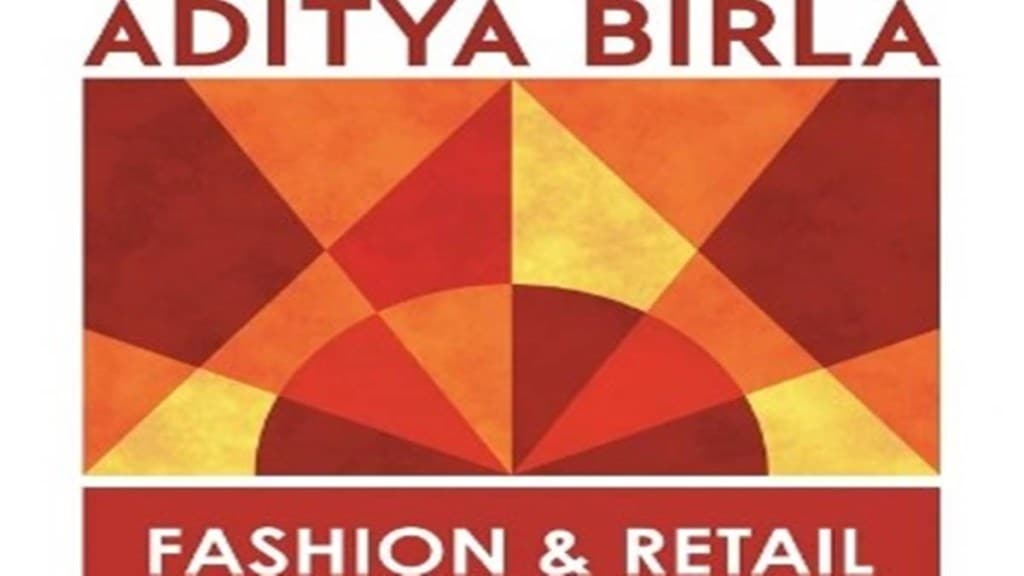Aditya Birla group’s fashion arm, among the country’s largest apparel companies with FY23 sales of Rs 12,418 crore, is taking measured steps in FY24, after a spate of acquisitions over the last few years, the company’s top officials said.
Analysts say the need to stabilise current businesses, built on the back of acquisitions, overrides all other priorities for the firm. Aditya Birla Fashion and Retail (ABFRL) reported a consolidated net loss of `187 crore for the March quarter (Q4FY23), a first in nearly two years amid rising expenses.
The company’s results trailed peers such as Shoppers Stop and the Tata-backed Trent, both of whom swung into profit in Q4. Shares of ABFRL have shed 31% of their value year-to-date, as investors remain jittery about the operating environment and the company’s ability to manage its expenses, sector experts said.
In Q4, for instance, the company’s total expenses jumped 40% to `3,178 crore, outpacing the growth in revenue from operations, which came in at 26% year-on-year for the period. Net debt levels as on March 31, 2023 increased sharply to `1,422 crore versus `340 crore at the end of the December 2022 quarter, thanks to investments the company is making for both organic and inorganic needs, sector experts said.
ABFRL has segmented its business into six sub-categories, including lifestyle, Pantaloons, athleisure, youth fashion, super premium and ethnic wear. The company also has a subsidiary called TMRW, which includes digital-first brands, launched in June last year. It has also launched brands such as Tasva in men’s ethnic wear in FY23, in partnership with designer Tarun Tahiliani..
In its latest analysts’ call, ABFRL’s management said that it was cutting store guidance for Pantaloons from 60-70 stores in FY23 to 40-50 stores in FY24. It would also keep its focus on current businesses as a discretionary slowdown was visible across the premium and value segments, the company said, prompting the firm to scale down on new initiatives for now.
“Q4 is the first full quarter where the impact of slowdown is fully visible across all segments of our business. While earlier, the lower end of the market was more affected due to inflationary pressures, it now appears to be more widespread,” ABFRL’s managing director Ashish Dikshit said.
ABFRL reported a 26% year-on-year growth in sales for Q4 on the back of a soft quarter impacted by the Omicron wave in the previous year, experts tracking the market said. Analysts Garima Mishra and Shubhangi Nigam of Kotak Securities said that an increase in apparel sales would be visible in the second half of FY24, when discretionary spends are likely to pick up during the festive period.
In a recent conversation with FE, Dikshit had indicated that the company would look at smaller acquisitions in categories such as youth fashion and athleisure, as the phase of large buys was over for the firm for now.
Earlier this month, the company announced the acquisition of a 51% stake in TCNS Clothing, the maker of women ethnic wear brands W, Aurelia and Wishful, for`1,650 crore, making it amongst the largest deals in the Indian fashion space. In the last five years, ABFRL has made significant investments in ethnic wear, as it bets heavily on growth in the organised ethnic wear market, experts tracking the market said.
“There may be small acquisitions of digital brands or within categories such as active wear, youth wear and athleisure,” Dikshit said. “But nothing will compare with the effort we put to grow our presence in ethnic wear in the last five years. And having built a portfolio of brands, both organically and inorganically, it is time to grow it,” he said.
ABFRL’s lifestyle division runs over 3,200 stores for brands such as Louis Philippe, Van Heusen, Allen Solly and Peter England. While department store chain Pantaloons has nearly 450 stores wthiin its network.
Besides this, the company has tie-ups with designers such as Shantanu & Nikhil, Sabyasachi and Masaba Gupta at the luxury end of the market to drive its high-end ethnic wear business. And has bought the India operations of global sportswear brand Reebok a year ago, apart from stitching up long-term partnerships with global brands such as Ralph Lauren, Hackett London, Ted Baker, Forever 21 and American Eagle.

